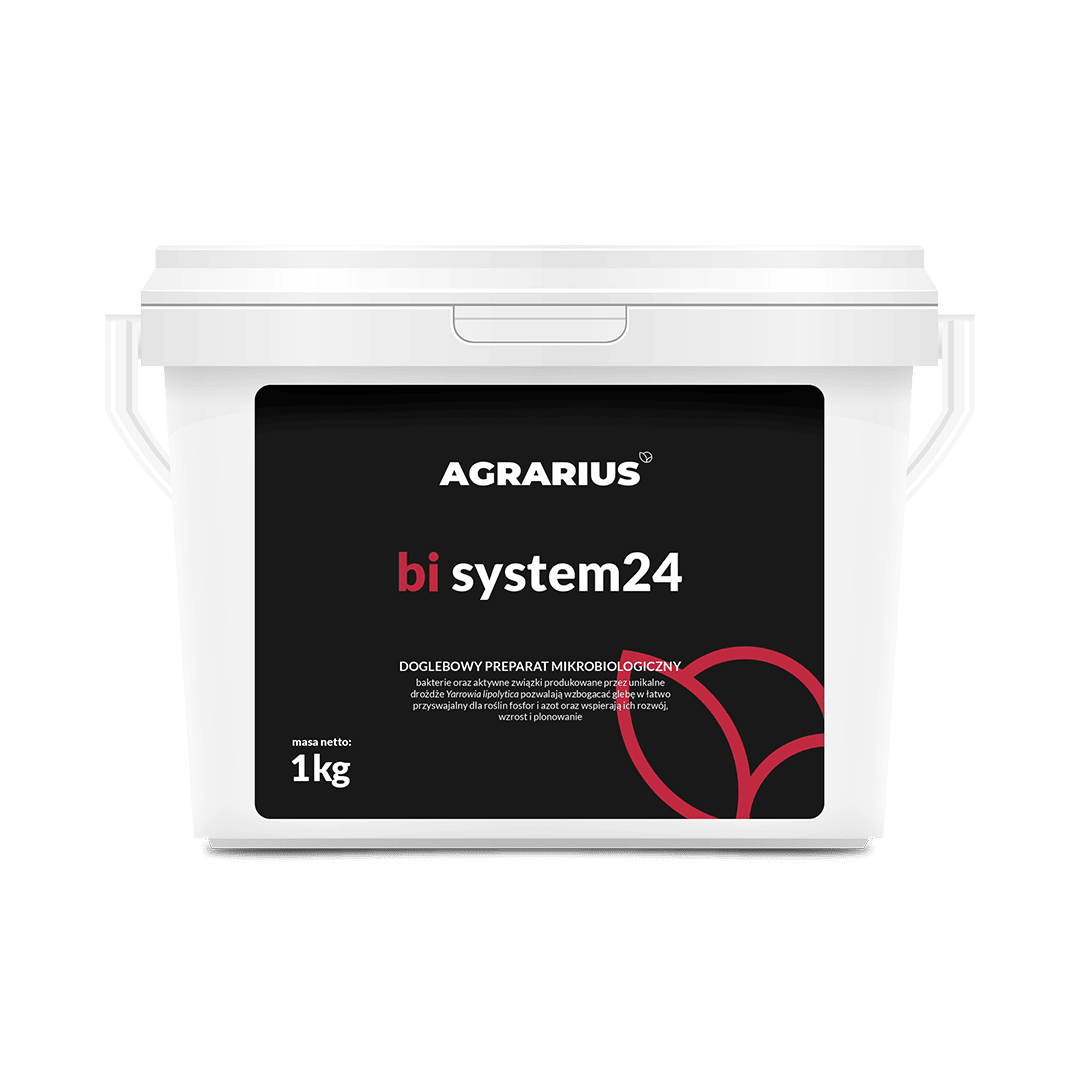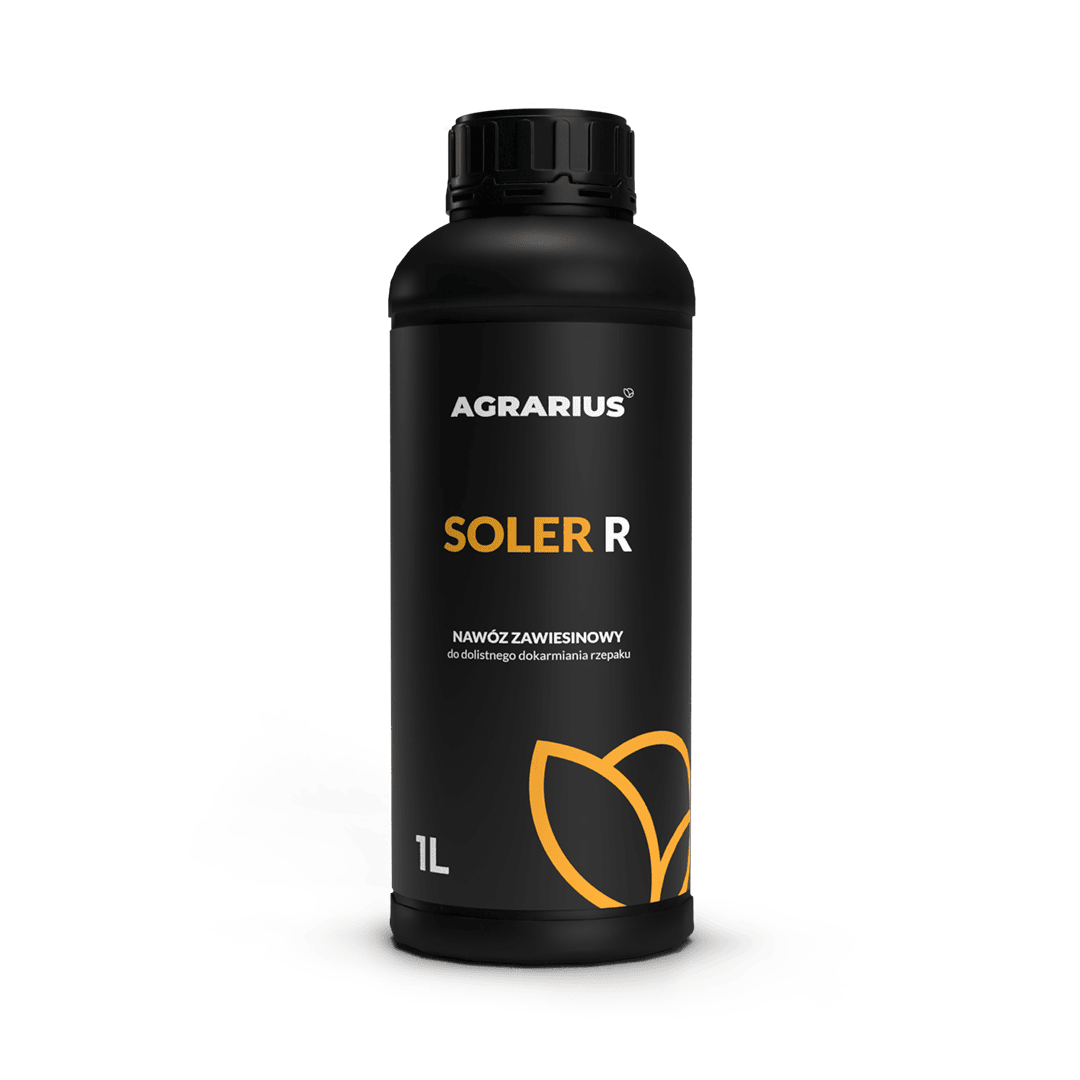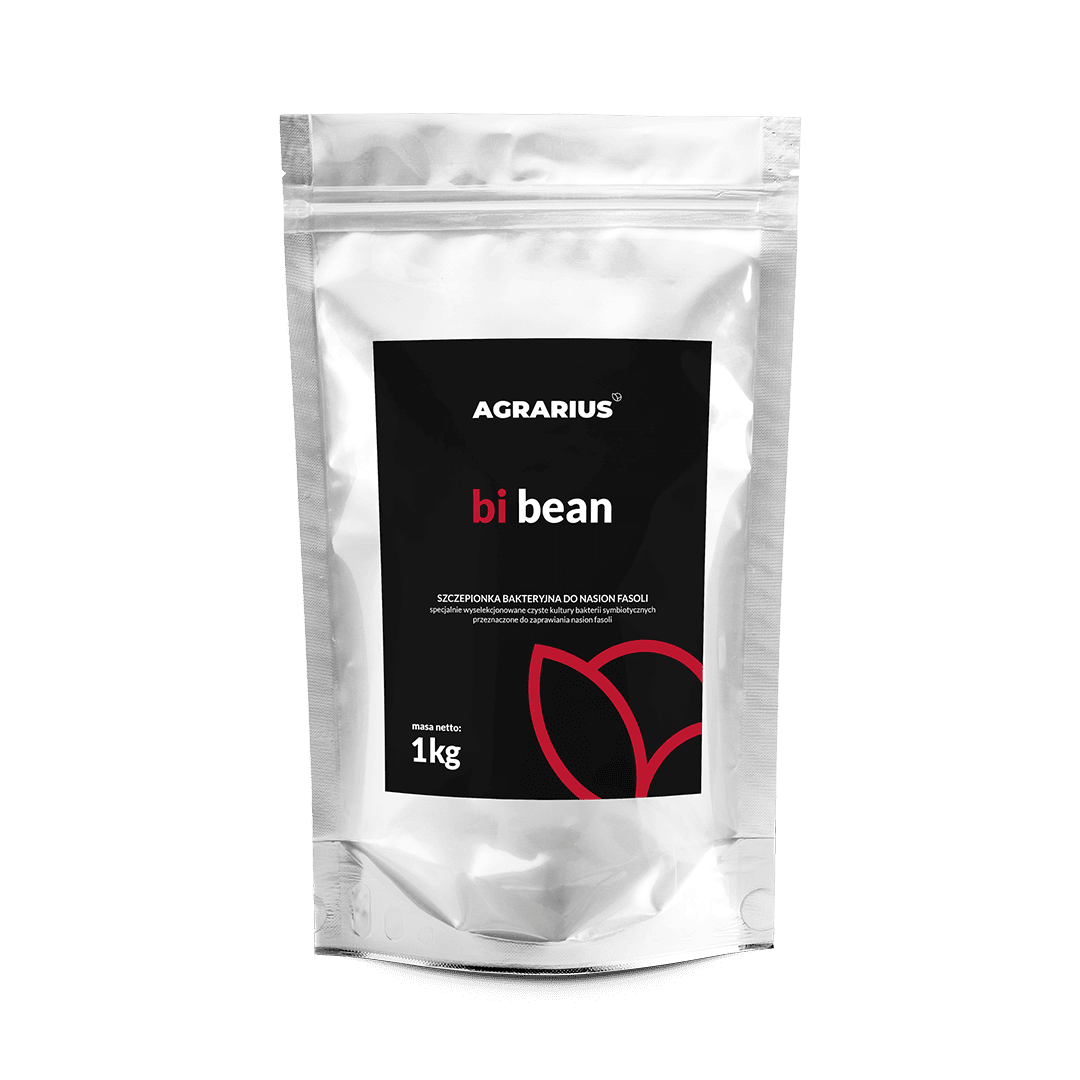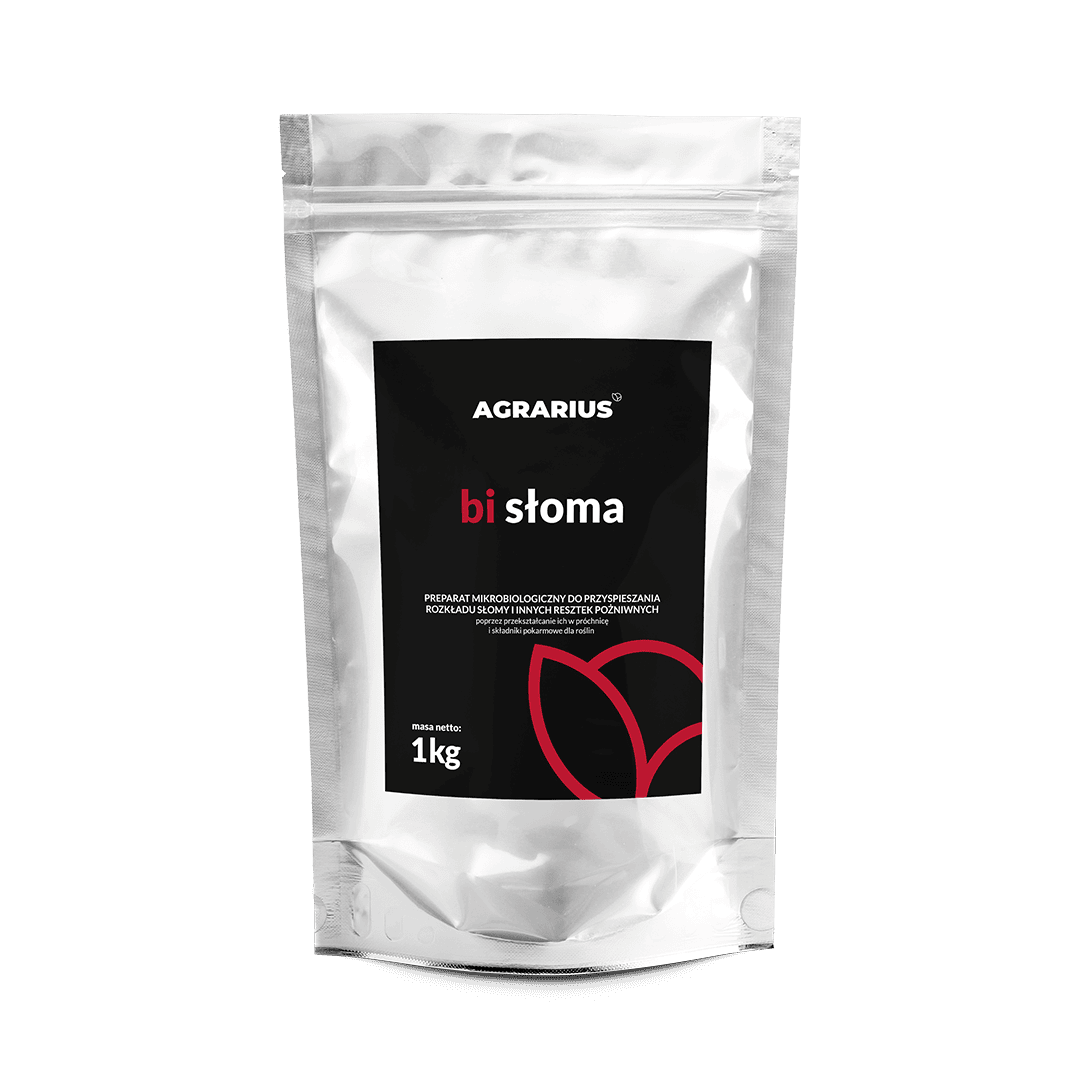bi clean
Bacteria reducing the smell of animal excrements
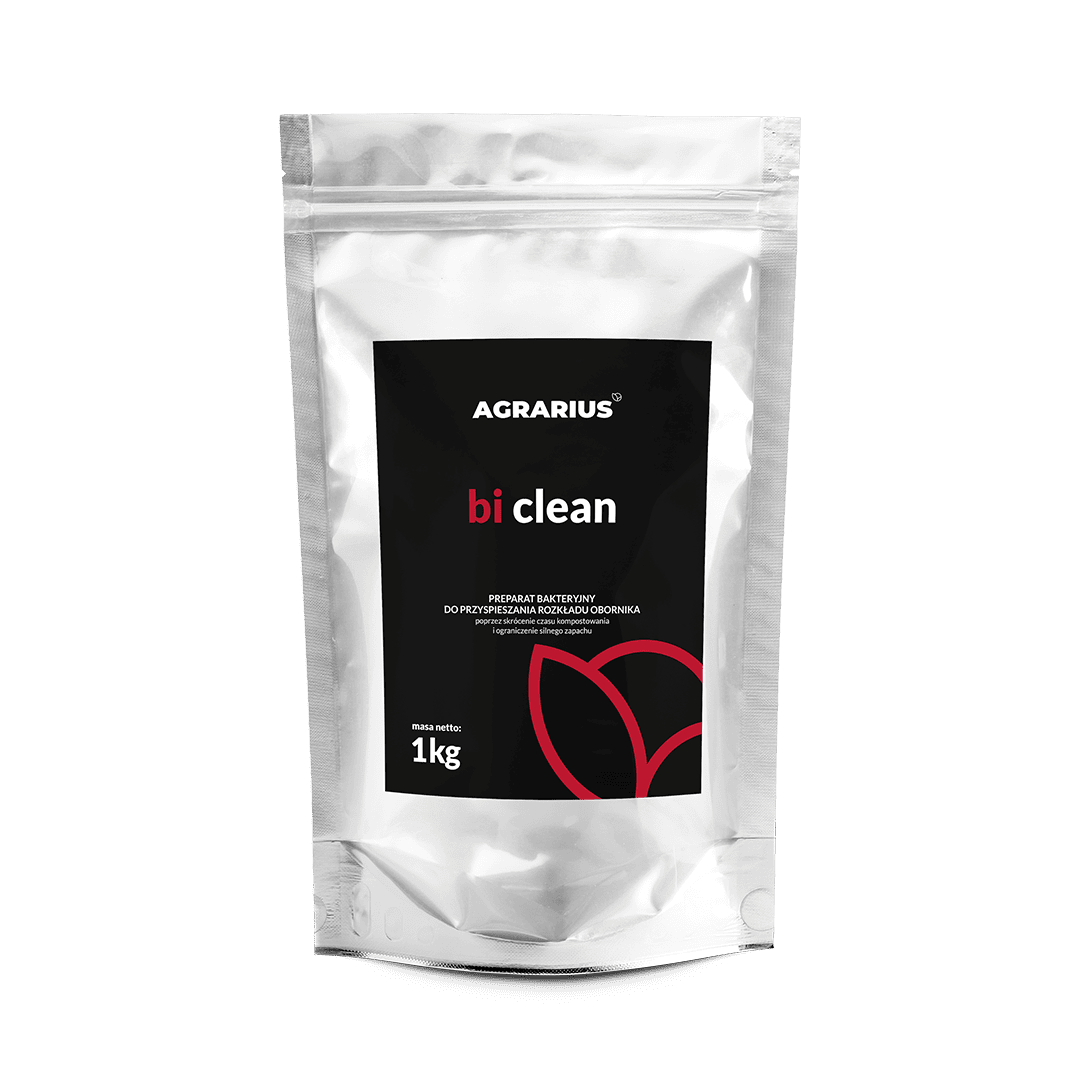

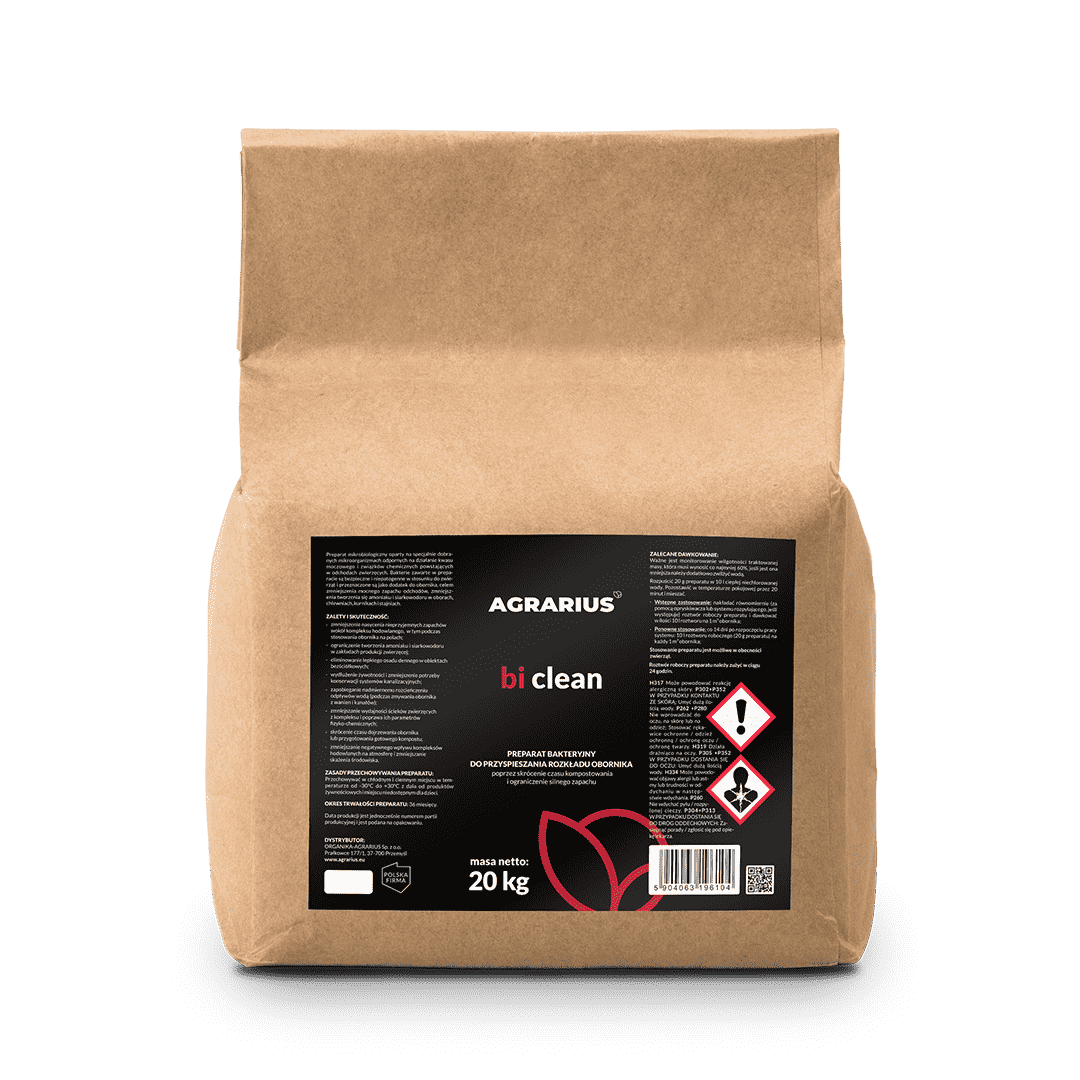
Benefits of use:
Product description:
Manure and slurry are valuable organic materials commonly used as natural fertilisers. Their application brings many benefits such as improving soil structure, stimulating soil microorganisms, and providing important nutrients. Unfortunately, along with the production of manure and slurry, unpleasant odours are also produced, which often contribute to environmental pollution.
To reduce this risk, the microbiological product bi clean was developed, which addresses the unpleasant odour of manure and slurry while improving their quality and efficiency. The strains of Bacillus sp. bacteria used in the product, when combined with manure or slurry, result in the reduction of unpleasant odours in the vicinity of livestock complexes, including during the application of natural fertilisers in fields. The bacteria directly affect the processes of waste transformation, limiting the formation of ammonia and hydrogen sulfide in livestock farms. The systematic use of bi clean eliminates sticky sediment in facilities with deep litter animal husbandry. Acting preventively against sediments, bi clean positively affects the longevity of equipment and reduces the need for maintenance of sewage systems.
The use of bi clean prevents excessive dilution of liquids during the washing of manure from troughs and channels. The waste becomes less sticky and easier to remove, resulting in reduced discharge efficiency of animal wastewater from the complex and improved physicochemical parameters. Additionally, the use of bi clean shortens the maturation time of manure by intensively affecting specially selected bacteria. These bacteria are responsible for nitrogen and phosphorus transformations, accelerating the decomposition of organic matter contained in manure and slurry, transforming it into a high-quality fertiliser. One of the recent benefits of using bi clean is the reduction of the negative impact of livestock complexes on the atmosphere, significantly reducing environmental pollution.
A specially selected blend of Bacillus sp. bacteria in an amount not less than 1x109 CFU in one gram of the product.
It is important to monitor the moisture content of the treated mass, which must be at least 60%; if it is lower, it should be additionally moistened with water. Dissolve 20 g of the product in 10 litres of warm, non-chlorinated water. Leave at room temperature for 20 minutes and mix.
Initial application: apply the solution evenly (using a sprayer or spraying system, if available) and dose at a rate of 10 litres of solution per 1 m3 of manure.
Reapplication: every 14 days after starting the system: 10 litres of working solution (20 g of the product) per each 1 m3 of manure.
Additional information:
This is the only product on the market in powder form containing such a huge amount of bacteria in 1 gram.
